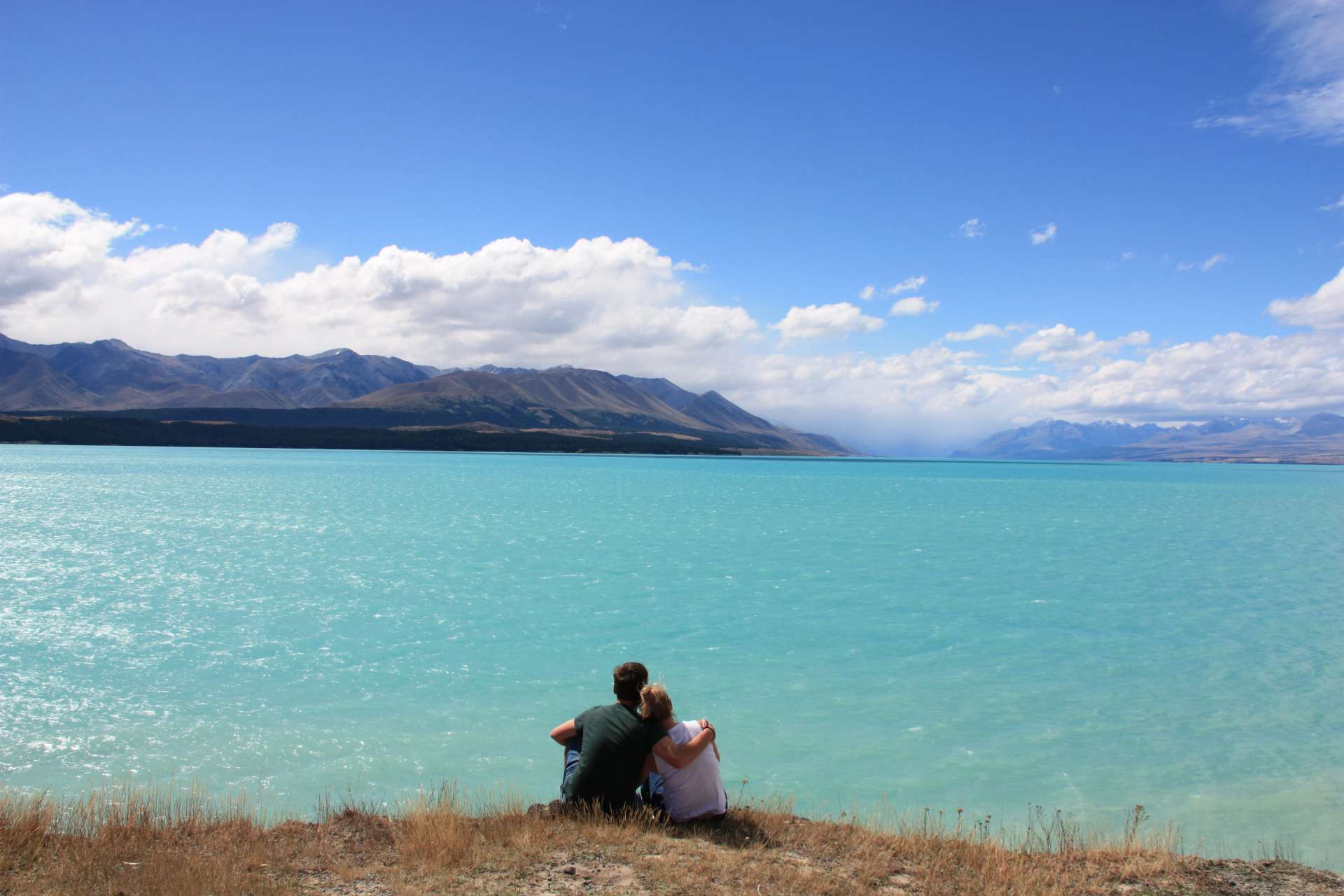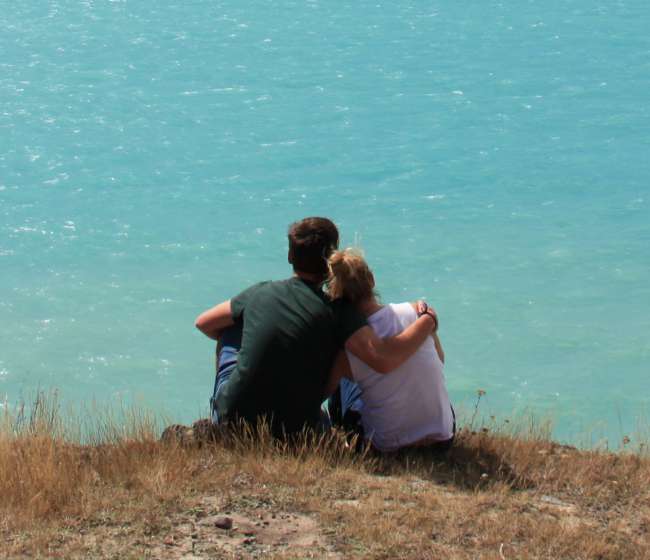Ruta del Fin del Mundo - Tierra del Fuego
Publié: 16.02.2018
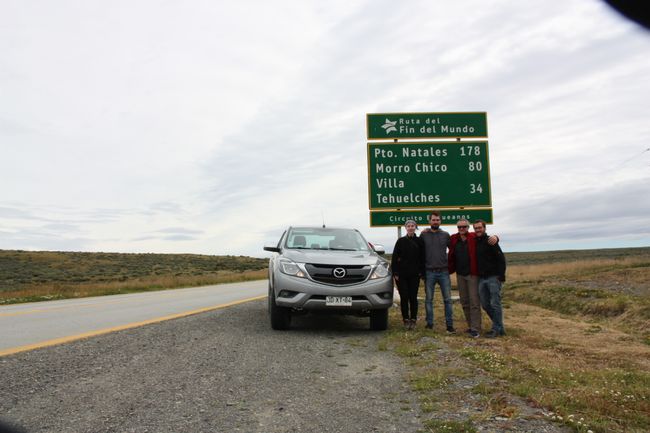
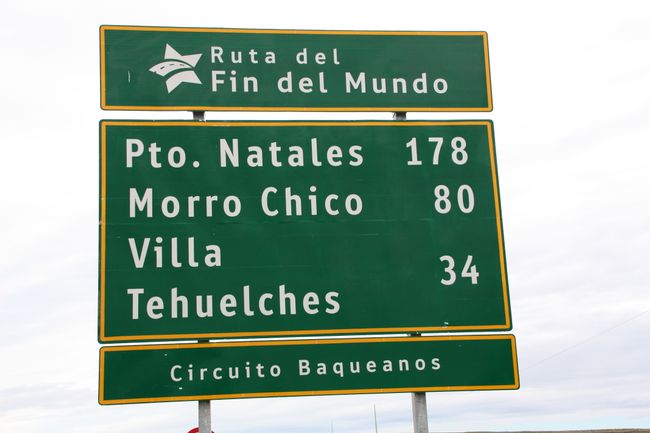
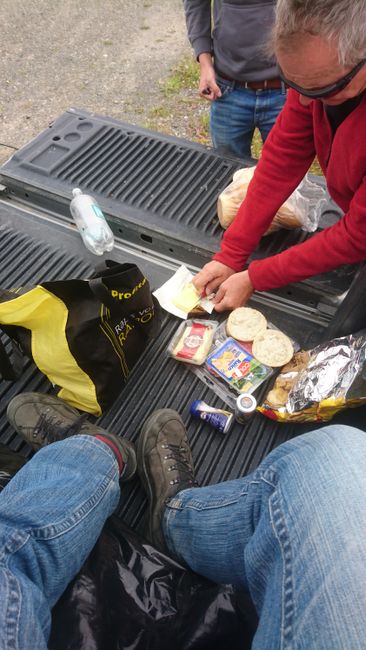
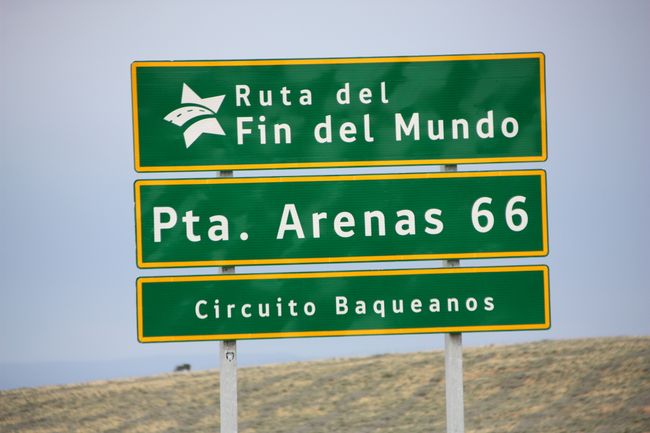
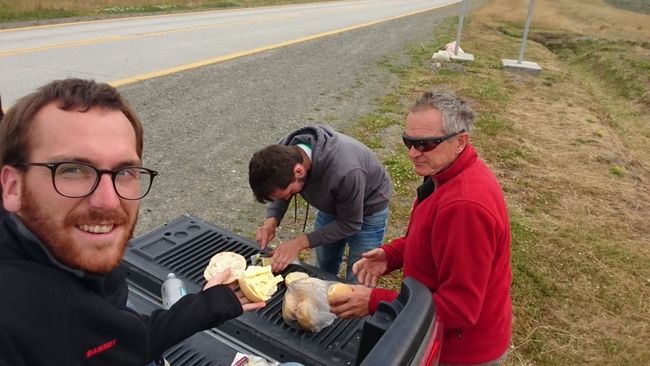
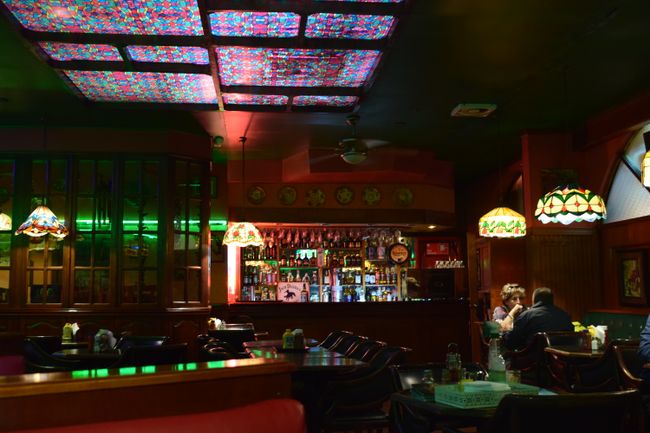
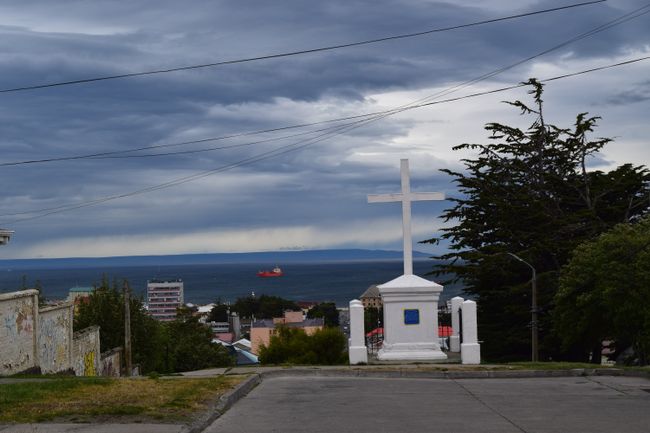
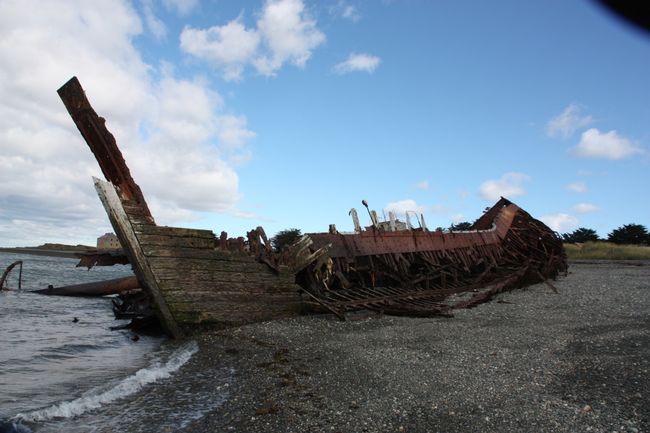
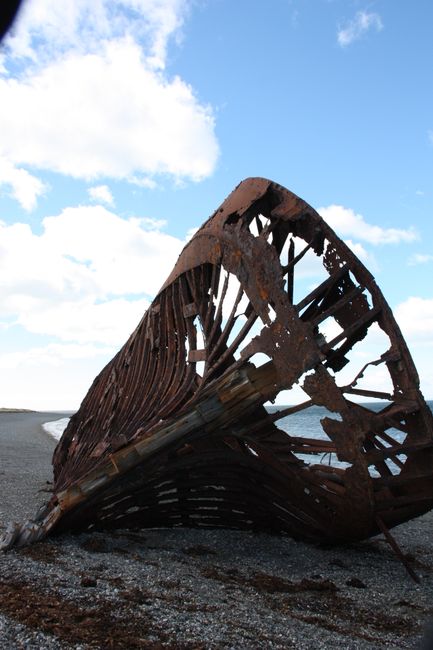
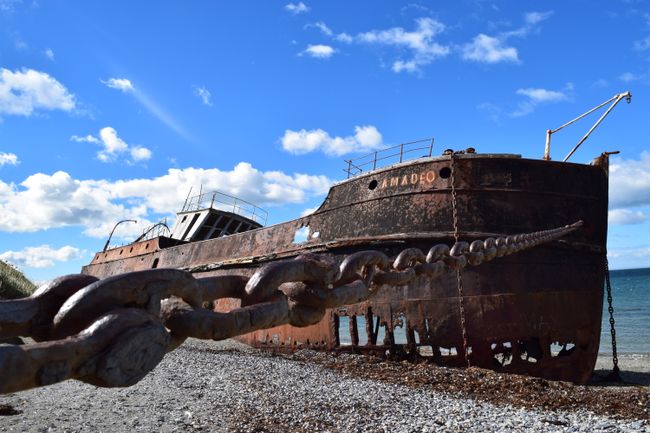
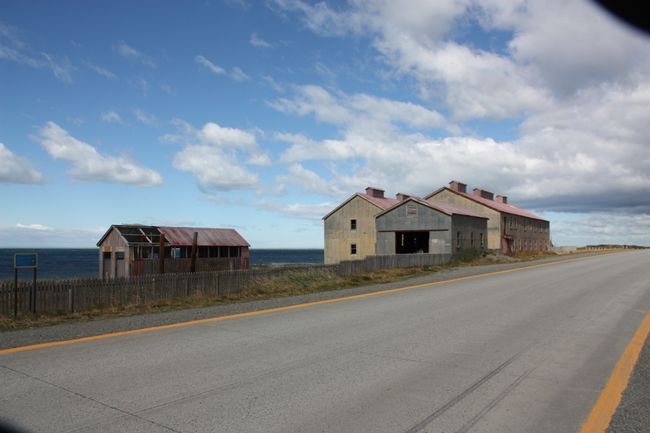
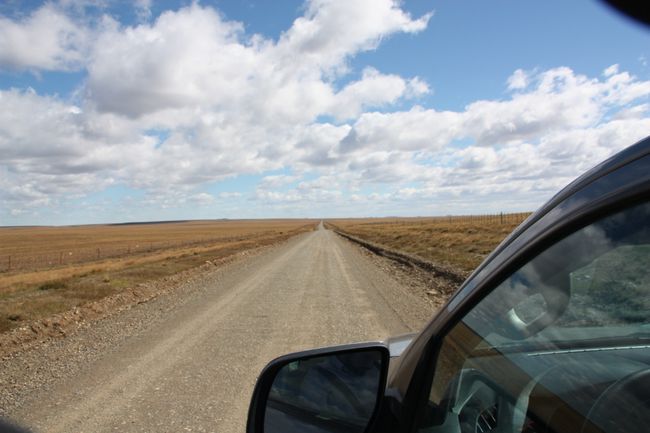
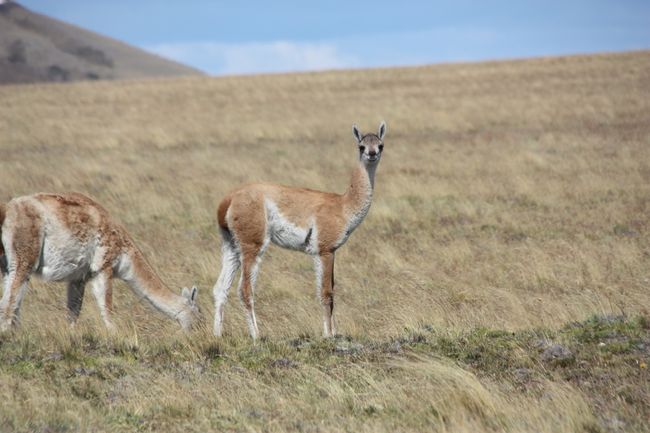
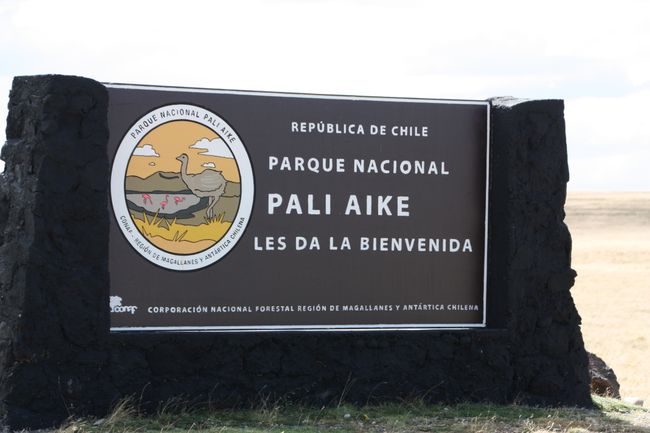
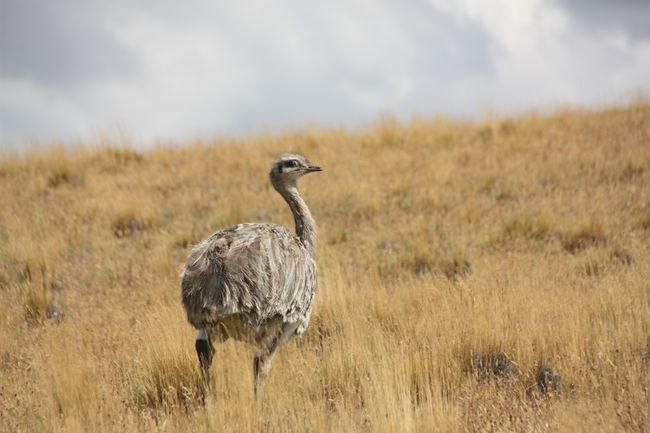
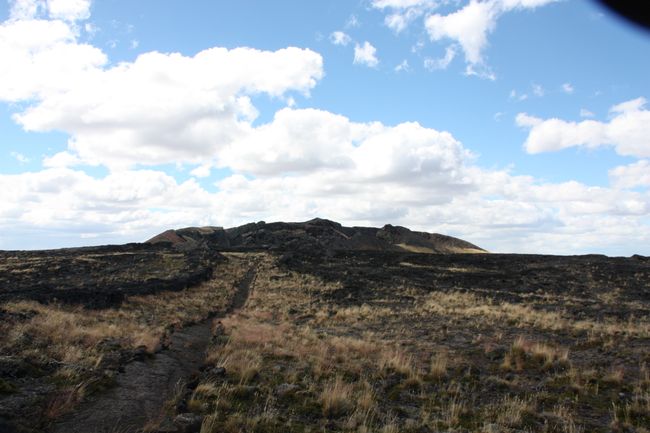
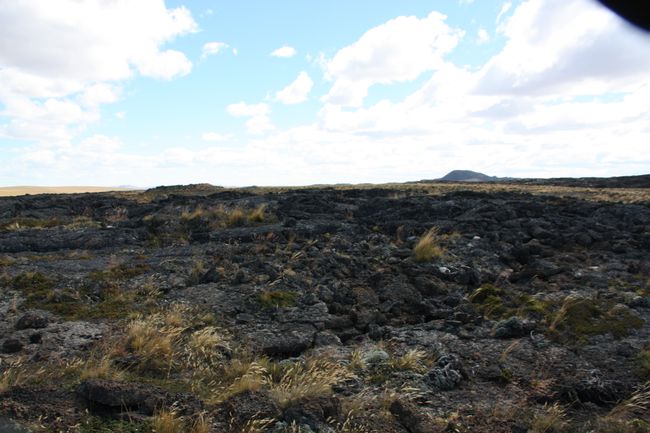
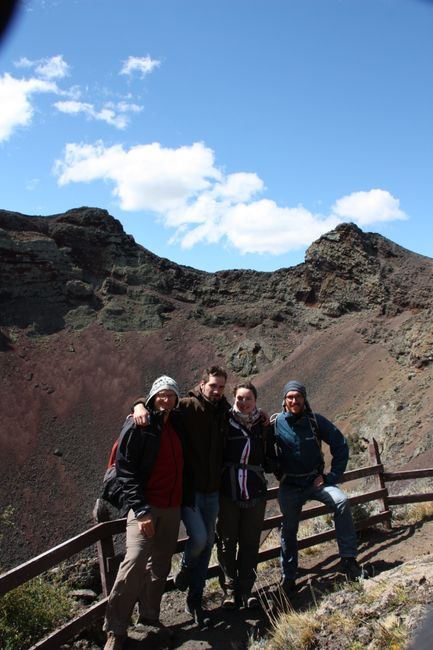
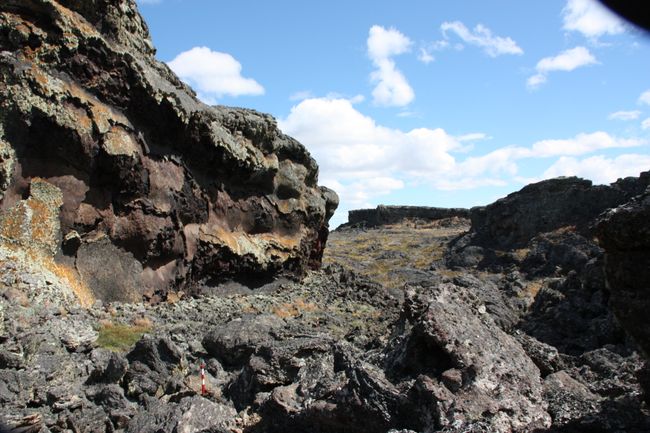
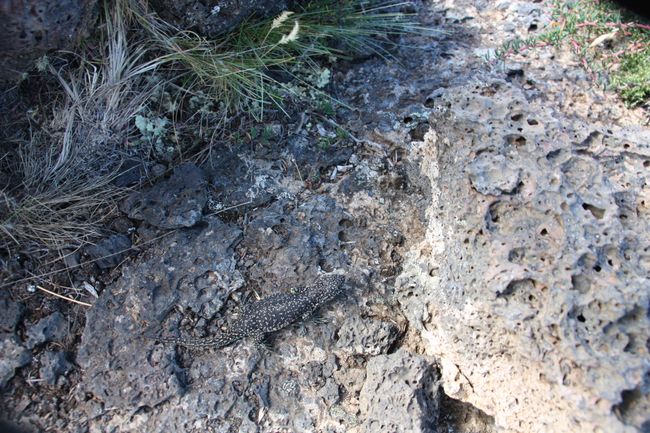
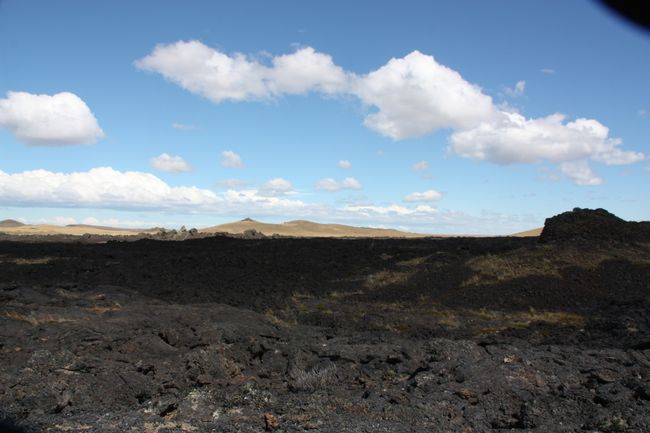
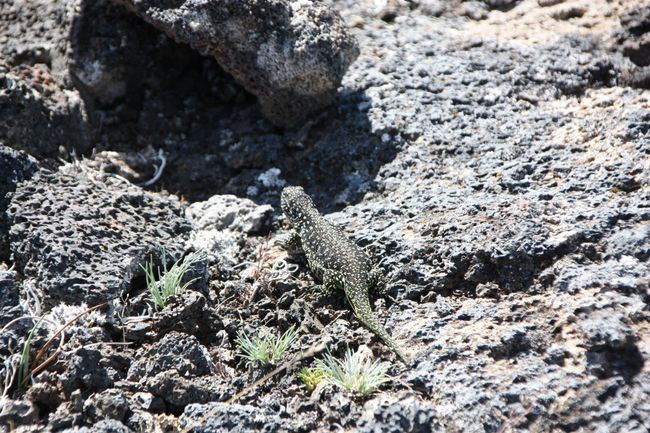
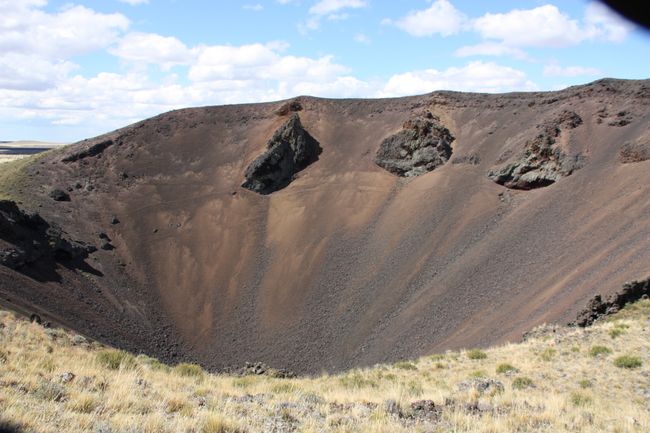
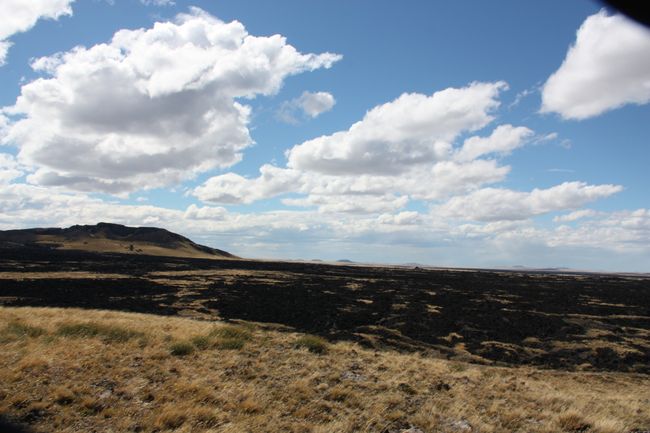
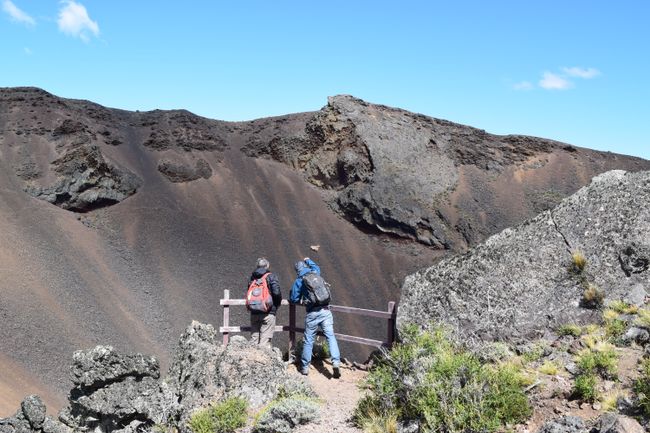
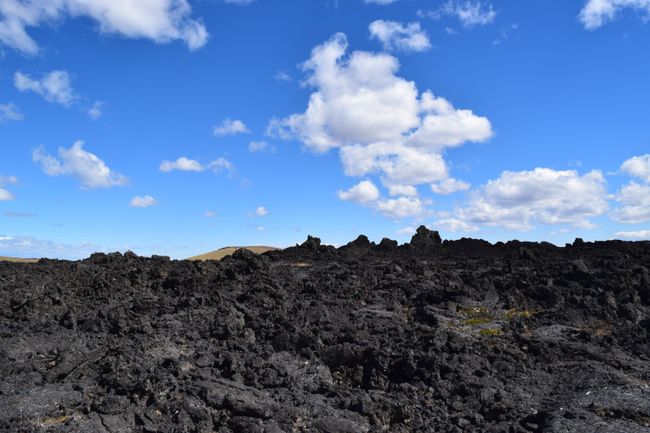
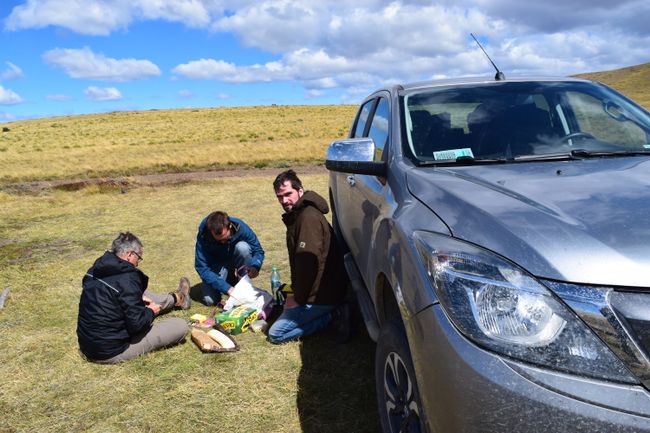
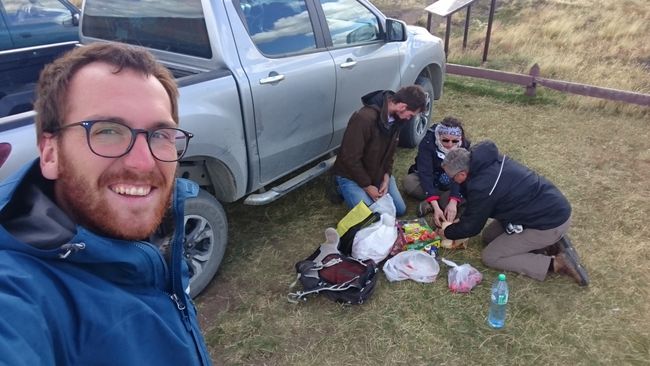
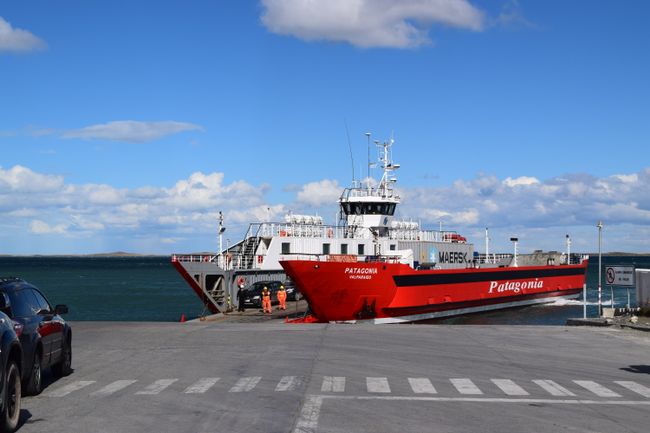
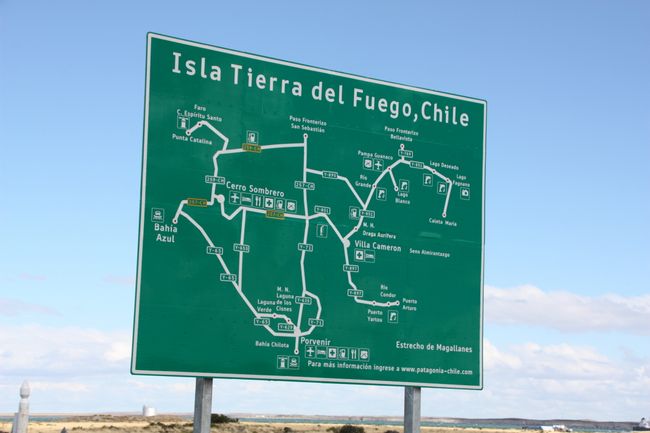
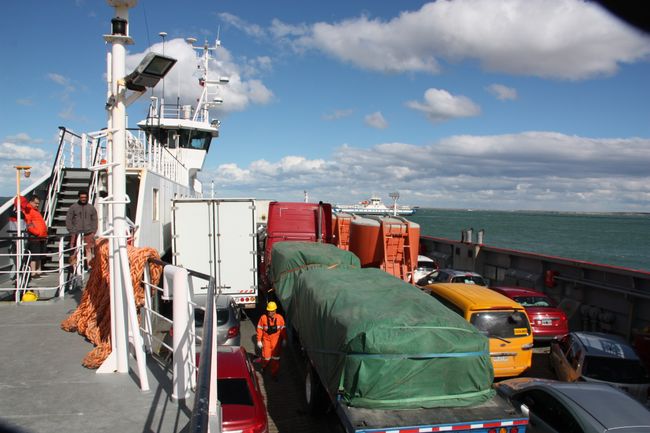
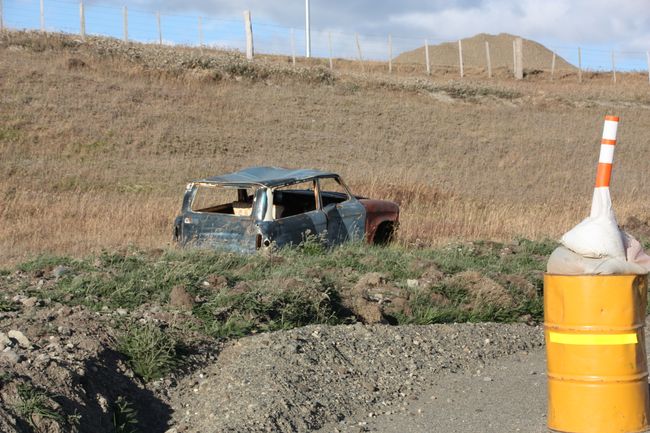
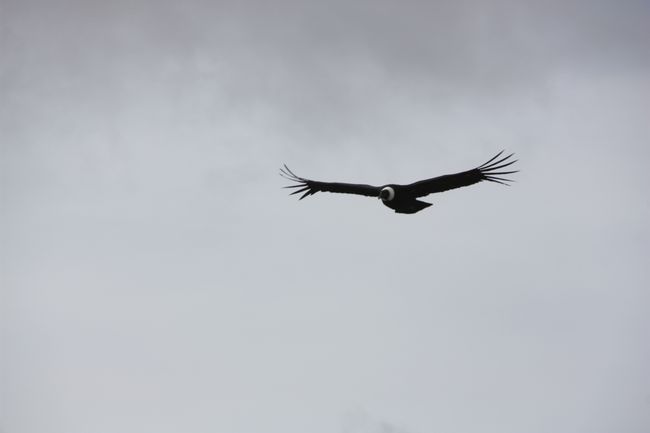
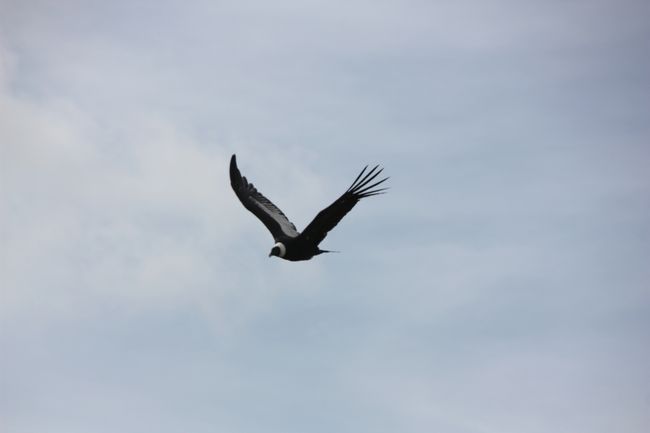
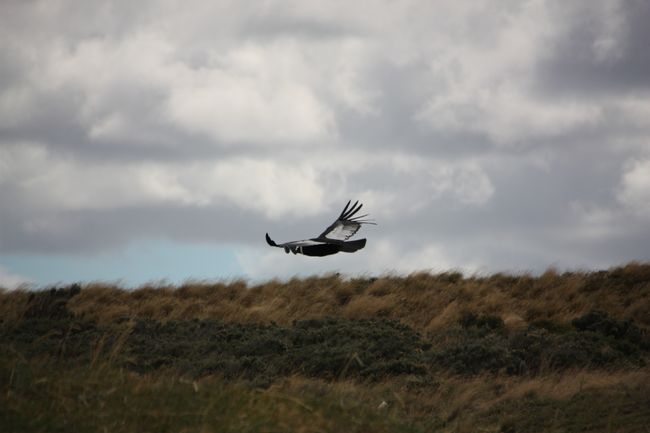
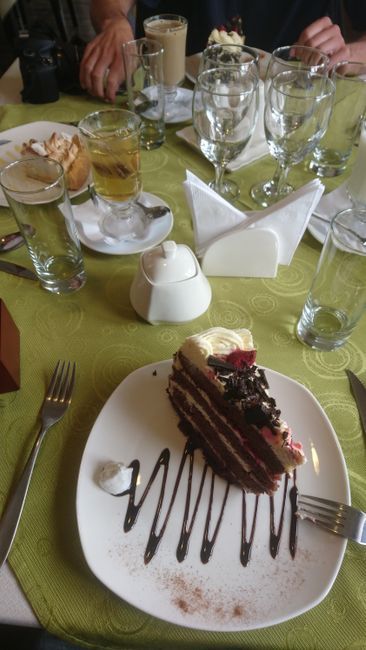
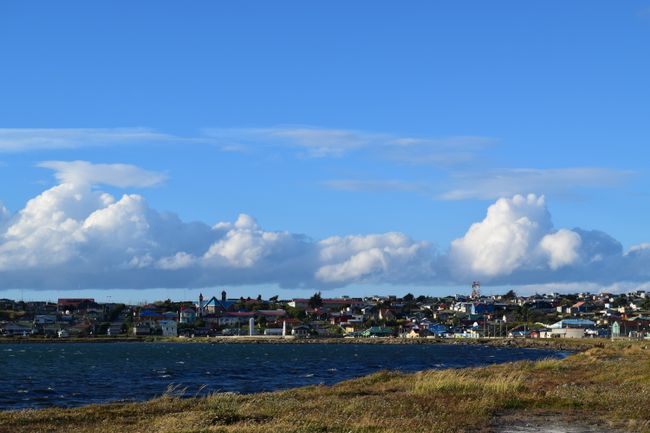
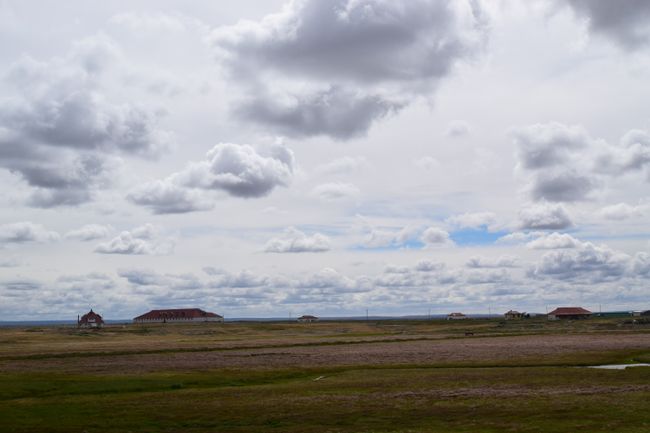
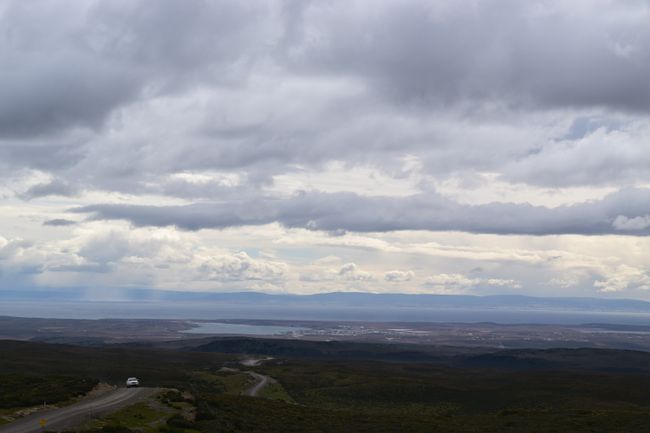
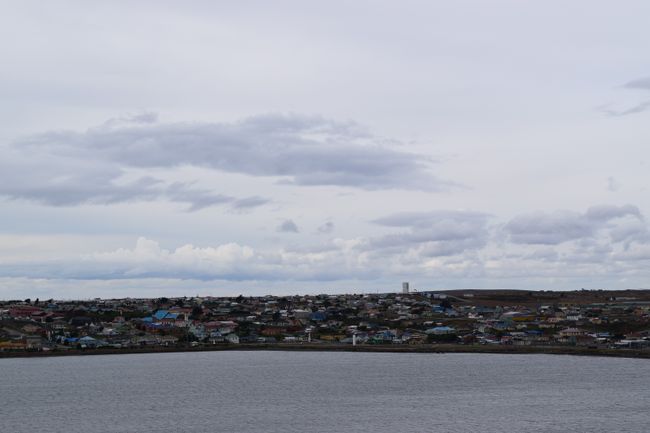
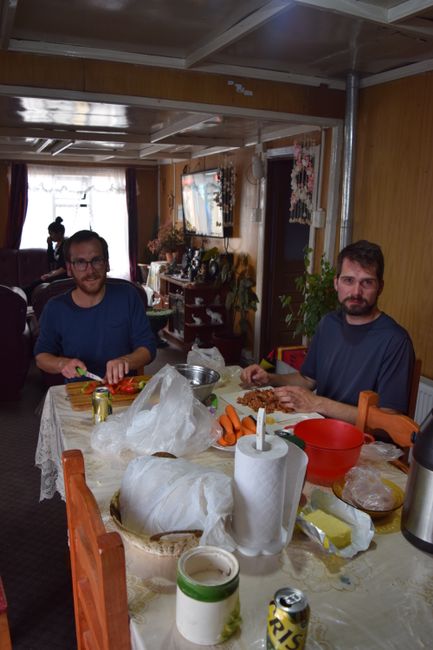
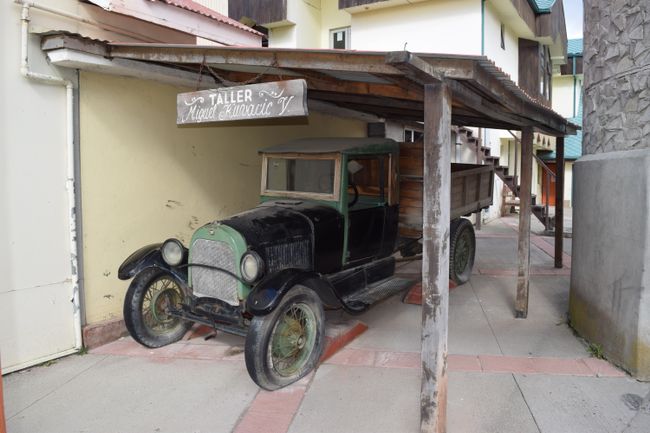
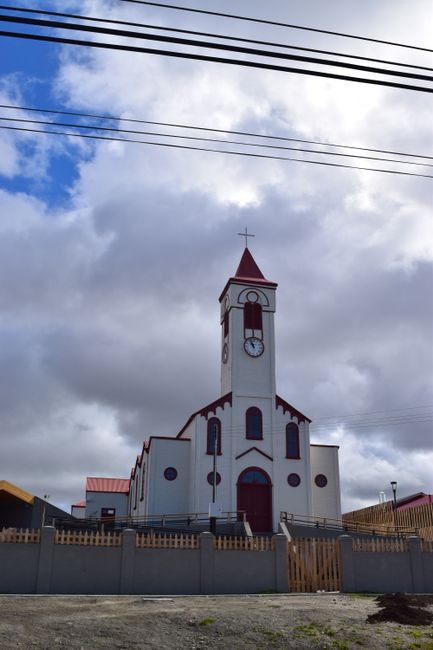
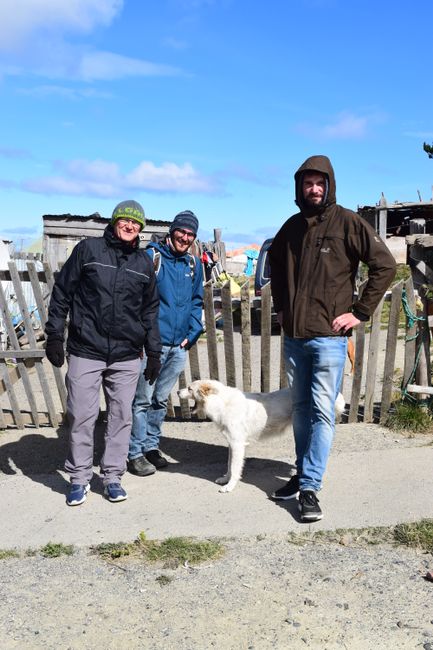
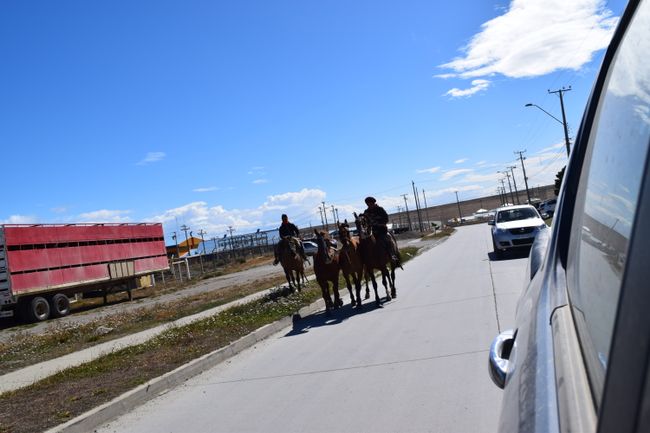
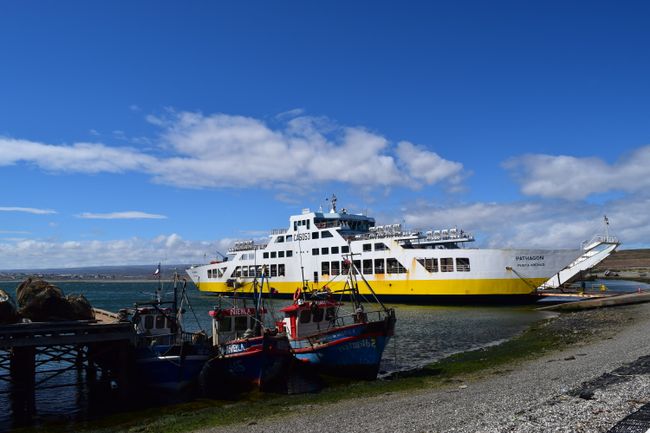
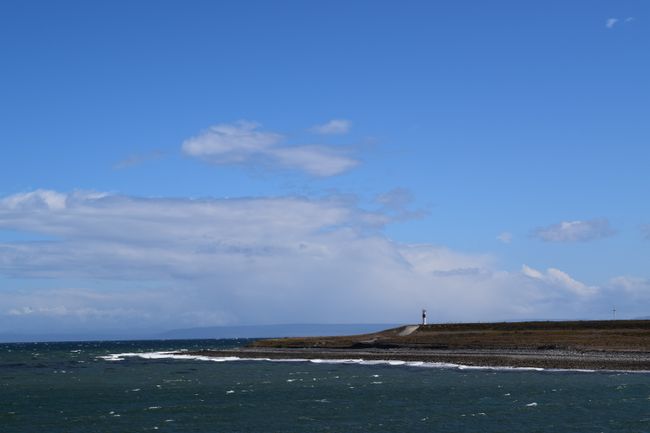
S'inscrire à la Newsletter
Our next destination was Tierra del Fuego. But before that, we had a few kilometers ahead of us. We drove from Puerto Natales along the Ruta del Fin del Mundo, which translates to Route of the End of the World, to Punta Arenas where we wanted to find out what there is to see on Tierra del Fuego.
The journey was not particularly exciting. Pampa, a few houses, and, of course, plenty of guanacos and rheas. That's what there was to see. In Punta Arenas, we got the information we needed.
The next morning, we headed north. Here is the Pali Aike National Park, a volcanic landscape that formed 15,000 years ago. The whole ground consists of lava stone and there are several craters. We walked along the 2-hour circular hiking trail and watched the small black lizards.
Then we went to the ferry. The ferry at the northern end of Tierra del Fuego takes about 15-20 minutes. There we were. Tierra del Fuego! It was still over 100 km to our sleeping place. So we went through the wilderness of Tierra del Fuego. Everything is brown and here too you can only see a few oil/gas extraction stations and plenty of guanacos as far as the eye can see. But somehow it has something magical.
Arriving in Porvenir, we had to look for our accommodation first. We asked at our hostel in Punta Arenas and they referred us. Unfortunately, the accommodation was fully booked, but they knew of another place with availability. However, we only had the address of the fully booked accommodation and a phone number. After some back and forth, we finally made it. We stayed with a family who rents out their guest rooms. You share the kitchen, bathroom, and living room with them. It was really nice, although not very clean, but we got an insight into the life of a family in Tierra del Fuego. The mother had cooked enough for everyone in the evening and we also got something. The next evening, we cooked for the whole family.
The next morning, we went to see penguins. But I'll tell you about that in a separate blog.
On the way, we saw another condor, this time low enough to take a good picture.
Afterwards, we went to a cemetery which is not particularly exciting, but mentioned in the travel guide. Here lie people who were killed by the indigenous people. Then we passed by a sheep farm. We stopped there and just had a look. The gauchos were shearing their sheep. On the way back, we passed old gold mines. But apart from rusty piles of metal, there wasn't much to see. The gold rush didn't last long here, as there isn't much gold.
The next morning, we took the ferry directly back to Punta Arenas. As we had some time before, we visited the small museum in town and strolled around.
S'inscrire à la Newsletter
Répondre
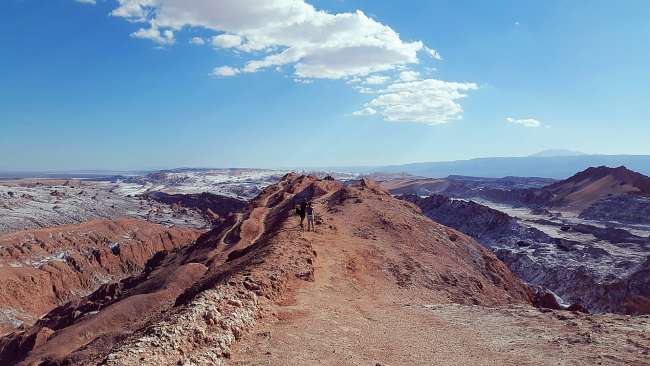
Rapports de voyage Chili
